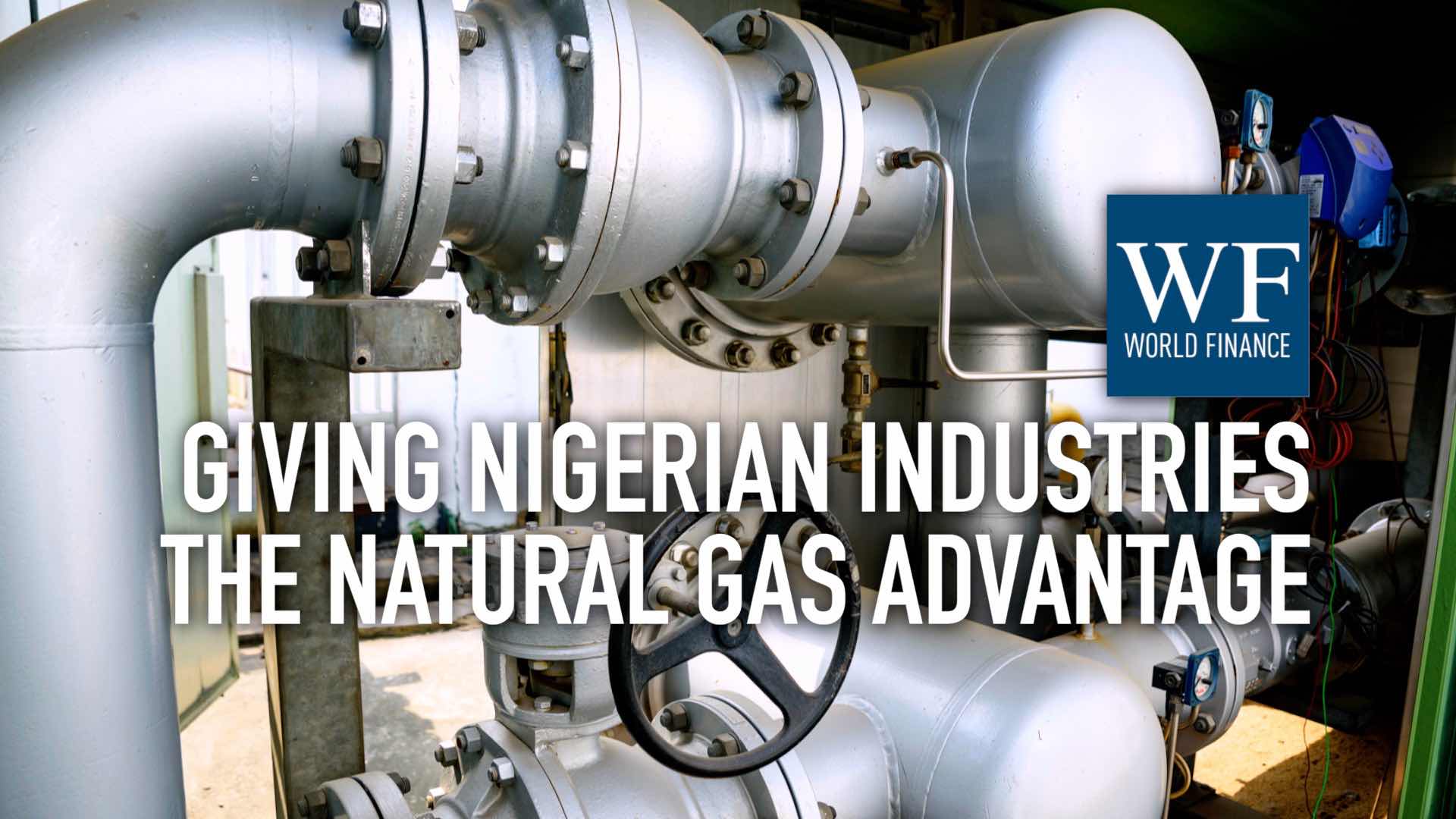The privatisation of electricity in Saudi Arabia | ACWA Power | Video
World Finance speaks to Paddy Padmanathan, Thamer Al Sharhan and Rajit Nanda from ACWA Power, on the privatisation of electricity and water in Saudi Arabia
Related:
Transcript
It was not so long ago that governments owned and operated most infrastructure assets and delivered utility services such as electricity, water, telecoms, and sewerage management. But it is becoming more and more common for the private sector to take on this responsibility. ACWA Power is a company that has rapidly emerged from Saudi Arabia as a leading operator of electricity generation and desalinated water production. Paddy Padmanathan, Thamer Al Sharhan, and Rajit Nanda from ACWA Power discuss their successful business model.
World Finance: So Thamer, if I might start with you, who is ACWA Power and what’s your business model?
Thamer Al Sharhan: In 2004, the Saudi government encouraged the private sector to participate in huge investment in infrastructure, and utilities, power and water [were some] of the high cards on the agenda. The shareholders of ACWA Power saw this opportunity, and today ACWA Power is owned by eight large Saudi private companies and two government shareholders.
Paddy Padmanathan: Our business model is to sell electricity and desalinated water on bulk long term offtake contracts. We do that by developing our own power and desal water plants, or by acquiring and integrating them.
Rajit Nanda: We do that by basically getting together a multidisciplinary team, various specialists, who come together and formulate a business case, get the best partnership, the most value-adding partnership, structure competitive technology solutions, procure lump-sum turnkey construction contracts, and the most competitive cost-solution, and of course structure debt and equity around it to deliver the most competitive tariff.
World Finance: So what has ACWA Power achieved so far?
Within nine years we have consolidated a portfolio of 15,500 mW of electricity, and 2.45mn cubic metres of desalinated water per day
Paddy Padmanathan: Within nine years we have consolidated a portfolio of 15,500 mW of electricity, and 2.45mn cubic metres of desalinated water per day. In terms of investment, that portfolio represents about $23.5bn. We today, from our hub in Saudi Arabia, operate in the MENA region.
Thamer Al Sharhan: Part of ACWA business model, in 2005 we managed successfully to create our operating company, which is called First National Operation and Maintenance Company, which is NOMAC. NOMAC has the operating capacity for 2.2mn cubic metres desalinated liquid per day, and over 10,000 mW.
World Finance: So Paddy, obviously ACWA Power has gone from strength to strength, so what would you say the key to success is?
Paddy Padmanathan: By relentlessly focusing on our core mission, which is to reliably deliver desalinated water and electricity at the lowest possible price. We have consistently, transaction after transaction, achieved this, typically at about a twenty percent level, the tariff difference between the tenders that we have offered and that offered by the second bidder.
Rajit Nanda: The lowest competitive tariff solution is all based about staying engaged with different facets of the supply chain, and cultivating with them a trust-based partnership, so that all of them work towards a common goal of delivering a most competitive elements of the tariff solution.
World Finance: Well Paddy, ACWA Power has developed a large portfolio, is there anything noteworthy that happened in 2013?
Paddy Padmanathan: The real noteworthy stuff in 2013 is probably the two renewable energy plants that are both in construction, a 160 mW concentrated solar power plant, with three hours of storage in Morocco, and a 50 mW plant with nine hours of storage – that’s probably the longest storage in that technology in the world that’s under construction today, of concentrated solar power.
World Finance: Gentlemen, thank you.
All: Thank you.

 How Axxela is transforming Nigerian industries with natural gas
How Axxela is transforming Nigerian industries with natural gas
